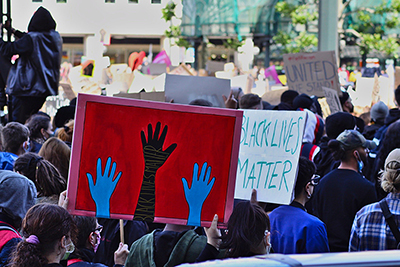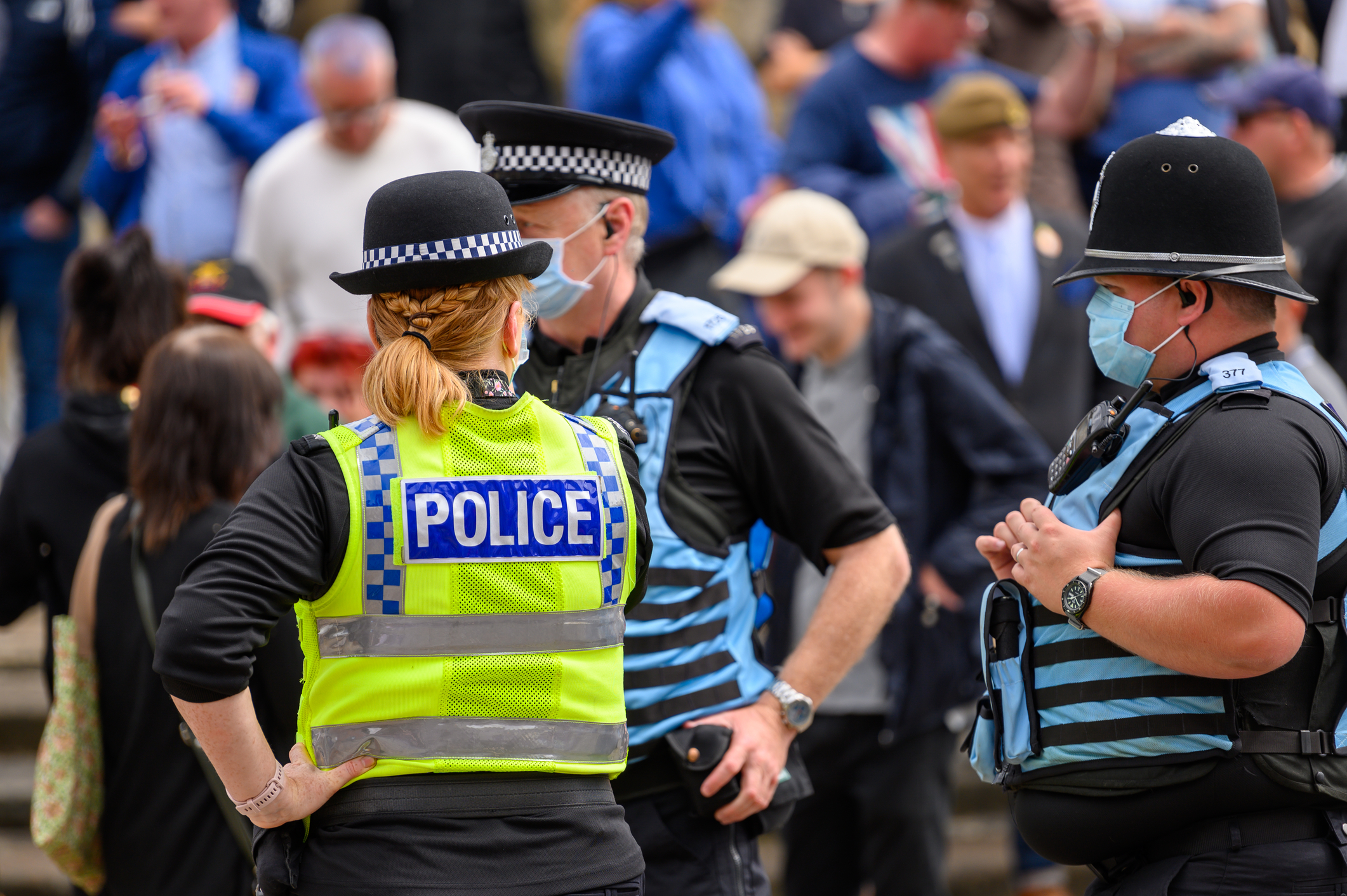More than twenty years after the Macpherson Report (1999), the debate about the existence and extent of institutional racism (and how this concept is defined) within the police forces, and how to address racism in public institutions, remains highly charged and disputed. The killing of George Floyd in 2020 by police officers during an arrest in Minneapolis in the US, as well as other notable deaths of unarmed Black and other civilians of racially minoritised groups at the hands of police in the US within a relatively brief time period, re-ignited public debate in the UK about issues of race and policing. The solidarity of the Black Lives Matter movement across the US and UK, and other advocacy and activist groups calling for redress and action to confront institutional racism, has put renewed pressure on the UK government, local governments, and police forces to respond and act.

Even though there has been some vacillating between denial of institutional racism in the Metropolitan Police Service and acceptance that the organisation ‘is not free from racism, discrimination, and bias’ (see articles from The Independent and BBC News), there is mounting public and a great deal of police internal scrutiny of UK police forces’ interactions with BAME communities. After accusations of racial profiling from Team GB Olympic Gold medallist Bianca Williams following being stopped and searched by police in July 2020, and the subsequent public apology by the Commissioner of the Metropolitan Police, there are renewed concerns about the disproportionate impact of stop and search tactics on BAME communities. Importantly, many UK police forces are engaging in internal initiatives to engage the communities they serve and incorporate their needs and concerns. For specific initiatives and actions by police forces, see The Association for Police and Crime Commissioners website and the UK Ministry of Justice white paper Tackling Racial Disparity in Criminal Justice System 2020 Update. This includes communities’ concerns about racial disparities in stop and search. In November 2020, London Mayor Sadiq Khan has launched an action plan to address concerns regarding the disproportionality of the use of police powers against Black Londoners. The action plan also outlines training for police officers and an increase in Black officers recruited to the force. At the national level, referencing the killing of George Floyd specifically, the National Police Chief Council is working on a ‘plan of action’ to ‘tackle the wrongs of racism, bias and discrimination wherever they are found in policing’ (https://news.npcc.police.uk/releases/update-on-the-plan-of-action-for-inclusion-and-race-equality-in-policing). The plan of action is forthcoming in 2021.







Rate and Review
Rate this article
Review this article
Log into OpenLearn to leave reviews and join in the conversation.
Article reviews